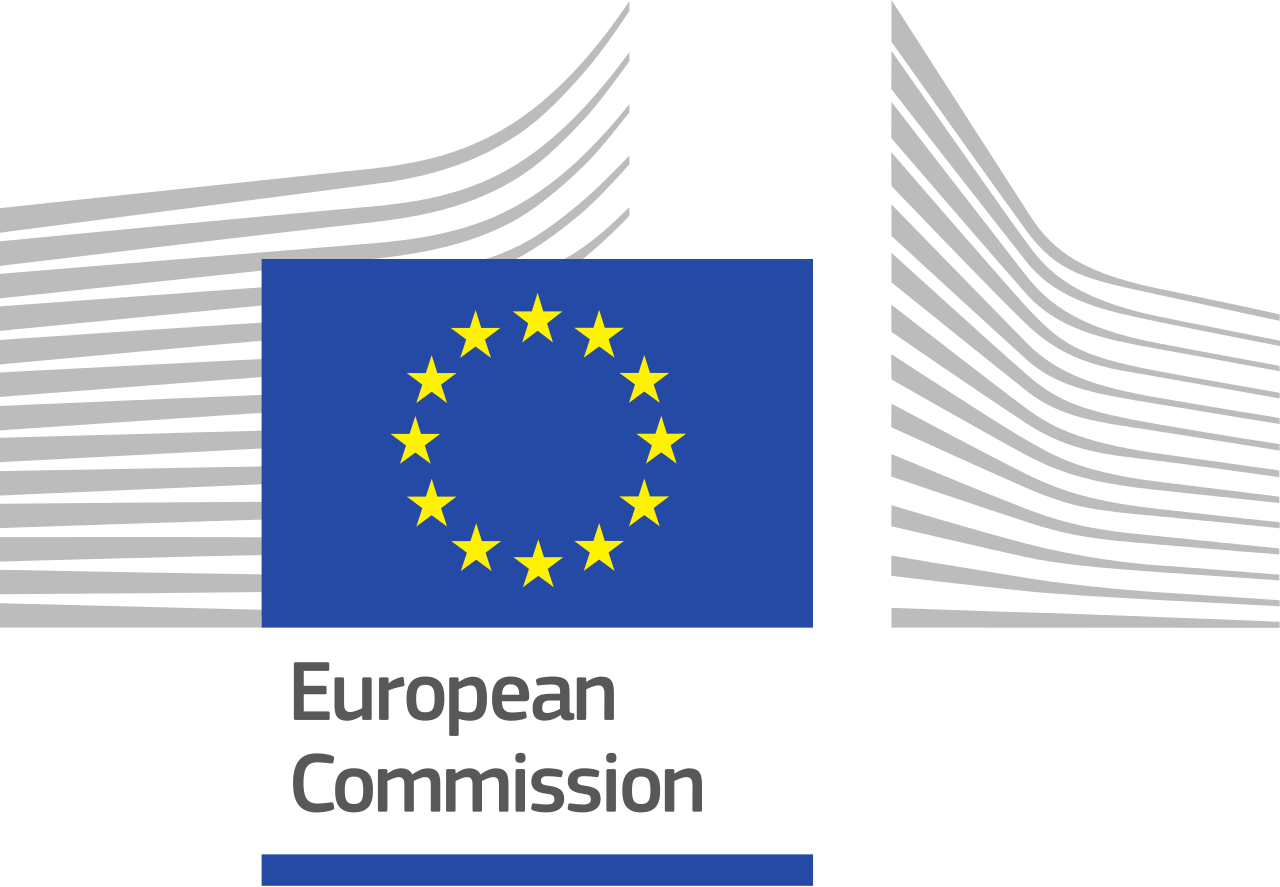News archive - European Commission welcomes new European Code of Conduct for Research Integrity
The European Commission has received today the new European Code of Conduct for Research Integrity aimed at promoting the responsible conduct of research to help improve its quality and reliability. The new code was developed by national academies of sciences and humanities through their umbrella organisation, the All European Academies (ALLEA) federation, in close cooperation with the European Commission.
 Professor Günter Stock, the President of ALLEA, presented the Code to Carlos Moedas, Commissioner for Research, Science and Innovation. Moedas said: "The Commission's recent White Paper on the Future of Europe shows that we need knowledge and innovation to respond to global challenges and to address the needs of people in the European Union. The public needs full trust in science, and this can only be achieved if the highest level of research ethics and integrity are guaranteed. This goes hand in hand with our Open Science agenda to ensure open access to scientific publications and data. I warmly thank ALLEA and its member academies for producing this new Code of Conduct for Research Integrity. I am sure it will serve as a model for organisations and researchers across Europe."
Professor Günter Stock, the President of ALLEA, presented the Code to Carlos Moedas, Commissioner for Research, Science and Innovation. Moedas said: "The Commission's recent White Paper on the Future of Europe shows that we need knowledge and innovation to respond to global challenges and to address the needs of people in the European Union. The public needs full trust in science, and this can only be achieved if the highest level of research ethics and integrity are guaranteed. This goes hand in hand with our Open Science agenda to ensure open access to scientific publications and data. I warmly thank ALLEA and its member academies for producing this new Code of Conduct for Research Integrity. I am sure it will serve as a model for organisations and researchers across Europe."
The new Code has been designed in consultation with the main academic and private sector stakeholders at EU level so as to maximise its take-up. Compared to its predecessor, the new Code takes account of developments in Open Science, including the growing importance of data quality and management. It also clarifies the responsibilities of research organisations, helping to promote an integrity-conscious research environment. The new Code is more concise than the previous version, in order to assist Member States and research institutions in developing their own policies and practices and contribute to a more coherent governance of EU research and innovation.
The Commission will support the take-up of the Code at national level and, at European level, will implement it as the required standard of research integrity for projects funded by Horizon 2020, the EU's research and innovation funding programme.
Background
At the Competitiveness Council meeting in December 2015, EU Member States underlined that integrity is a prerequisite for excellence in both public and private research. They advocated a strict adherence to the principles and practice of research integrity while ensuring that they remain aligned with new trends in research and innovation, particularly those related to Open Science.
The new Code will better meet the demands of contemporary research practice and give the issue of research integrity much greater visibility. It serves as a reference framework which can be further developed by national research systems and institutions for their own codes of conduct, or refined at the level of a particular scientific discipline in order to take account of its specificities.
Horizon 2020 already requires all projects to follow existing standards on research integrity, and this will now be applied to the new Code of Conduct. Horizon 2020 will also finance projects that will help implement the Code and to help develop a genuine EU research integrity community and culture through networking, training, education and the exchange and development of good practice.
Source: EC
- Europe
- Cross-thematic/Interdisciplinary
Entry created by Giorgio Piccirillo on March 24, 2017
Modified on March 24, 2017

